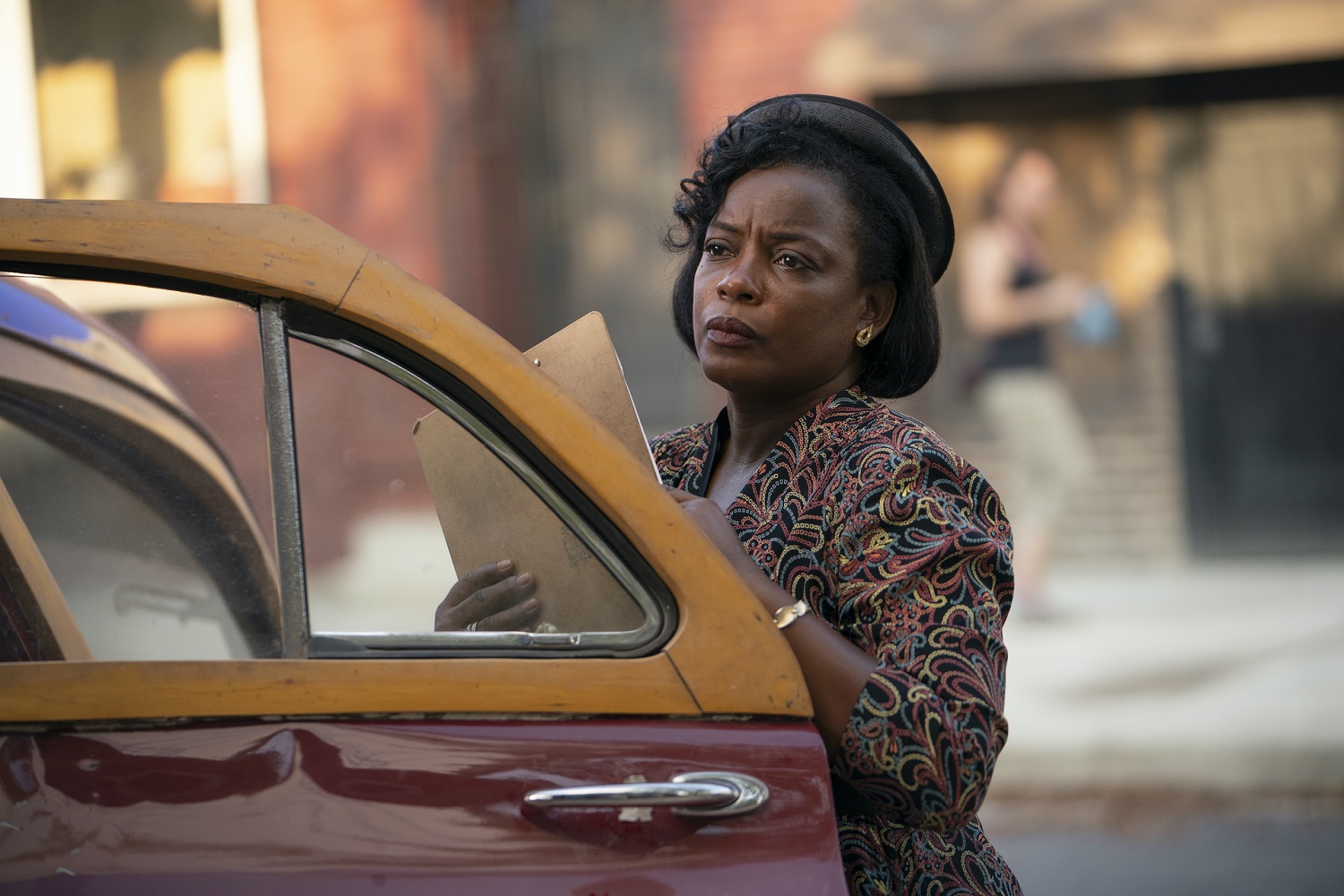‘Lovecraft Country’: How Is the HBO Series Different From the Matt Ruff Novel?
With HBO’s newest hit show Lovecraft Country, based on the novel by Matt Ruff, it hoped to bring the same kind of buzz that other book adaptations like Game of Thrones and Watchmen brought the network. However, to bring a written work to screen, concessions have to be made.
From the complicated process of bringing written details to a visual screen to knowing what to change and keep the same, adapting projects like this is an art. In Lovecraft Country‘s case, it meant changing some significant details.
What is ‘Lovecraft Country’?
A smorgasbord of genres, Lovecraft Country paints a picture of Jim Crow America through a lens more akin to genre fiction. As a result, the show is a fascinating look at the way that real-life horrors that were experienced by Black Americans of the era compare to fictional ones created by authors such as HP Lovecraft. Given Lovecraft’s problematic views on race, this concept was right for interpretation.
At any given moment, the show can be a harrowing historical drama, a science-fiction thriller, or a straight-up horror movie. It follows the journey of Jonathan Majors’s Atticus as he goes to find his father. This unravels a dark web of secret societies, otherworldly creatures, and connections to the universe beyond the way we see it.
Atticus is joined by an eclectic cast of characters, from Jurnee Smollett’s Letitia to Michael K. Williams’ Montrose, Atticus’s father. They quickly find themselves embroiled in an evil plot to drain Black men of an unseen power and use it to further white supremacy in America.
In adapting the book, however, creators had to decide what stayed and went while keeping true to a well-received book.
How did they go about this?
In a handout given to the press, HBO spoke with Misha Green about the struggles of adapting a book like Lovecraft Country for an entirely different medium while making it both adhere to the source material and become its own new thing. Green’s first step was reading it.
“I was blown away,” she said (per Men’s Health). “I thought, ‘I want to explore these characters and their journeys.’ I was also really into the idea of reclaiming the genre space for those who’ve typically been left out of it. I said, ‘I’m ready to make this into an epic television show.’
After getting to know the world, Green had some ideas.
“My strategy was to take all of its dope, cool stuff and write new dope, cool stuff,” she said, laughing. “There was a never a sense of ‘Let’s bank this for later.’ When you have 10 people in a room, you’re always able to come up with new ideas. The goal was to deepen the characters and the stories.”
This balance of strict adherence and artistic creativity made Lovecraft a hit among audiences, but several key moments play quite differently than the novel portrays.
What did they change?
The changes rank from big to small. For example, the racists are slowly replaced by real-life monsters in the book after a vampiric subplot. This is handled quicker and in front of the audience in the series.
This helps highlight a common change from the book. While monsters play a major role in Ruff’s work, they are a secondary force to real-life horrors. This line is blurred in much of the series.
Most of the changes, however, have to do with characters. Uncle George, for example, has a much bigger role in the show than he does in the book.
Similar things can be said about Letitia, her sister Ruby, and several of the show’s supernatural villains. Furthermore, the series included more real-life references, such as a direct reference to Emmett Till and other major moments in American history like the Tulsa Massacre.

The biggest change, however, comes at the end. The series kills off several major characters who survive the book. The most obvious example of this, however, is Atticus.
Atticus dies in the series’s harrowing finale. This is a major departure from the book, as its main character lives throughout. However, it goes to show the kind of changes that work if done right.
There will never be a fully-faithful adaptation of any book to screen. However, by expanding many aspects of the book and doing away with others, Lovecraft Country succeeded to make its existence both a tribute to the book and a complimentary piece that does its own thing.
If it comes back for another season, however, they’ll have to start from scratch. Unlike Game of Thrones, there’s only one book, and the first season covered its entire plot. Green and company will now have to think about how they can remain true while going away from an established plot.


